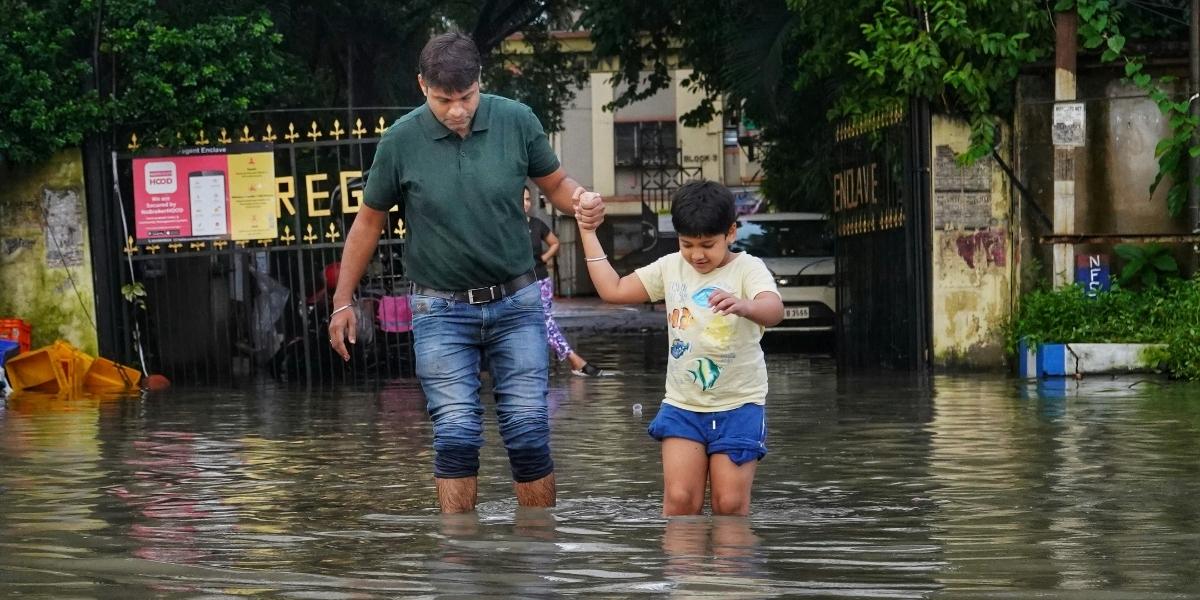Why Are Early Childhood Vaccinations Crucial for Infant Health?
Early childhood vaccinations are fundamental in protecting infants from a range of serious and potentially life-threatening diseases. Newborns enter the world with immature immune systems, making them vulnerable to infections such as measles, whooping cough, and polio. Vaccines help stimulate the infant’s immune response without causing the disease itself, enabling the body to build immunity safely.
Historically, many diseases that once caused high infant mortality rates have been dramatically reduced or eradicated thanks to widespread vaccination programs. For example, before the introduction of the measles vaccine, millions of children worldwide fell ill, with thousands dying annually. Immunization not only saves individual lives but also strengthens public health by preventing outbreaks.
In this critical early stage of development, timely vaccinations protect infants when they are most vulnerable, bridging the gap until their immune systems mature naturally. Vaccines form the first line of defense, preventing illness, complications, and the spread of infectious diseases within families and communities.
Read Also: How Biomedical Research Advances Human Health and Innovation
How Do Vaccines Protect Both Infants and Communities?
Vaccines work by training the immune system to recognize and fight specific pathogens. They contain weakened or inactivated parts of a germ, or a blueprint for producing antigenic proteins, which trigger an immune response without causing illness. This exposure prepares the immune system for future encounters, enabling faster and more effective defense.
For infants, this is especially important as their natural immunity is still developing. Vaccines provide early protection against diseases that could otherwise cause severe illness or long-term health problems. On a broader scale, vaccination contributes to community immunity, often called herd immunity. When a large portion of the population is immunized, it reduces the overall amount of the disease-causing organism circulating, protecting individuals who cannot receive vaccines due to age, allergies, or medical conditions.
Herd immunity prevents outbreaks and protects vulnerable groups, including newborns, immunocompromised children, and pregnant women. Vaccination programs have led to the near-eradication of diseases like smallpox and the significant decline of others such as polio and diphtheria. Maintaining high vaccination coverage is essential to sustain this protection and prevent the resurgence of vaccine-preventable diseases.
What Vaccines Are Recommended for Infants and When Should They Be Given?
Health authorities globally recommend a series of vaccinations starting from birth through early childhood. These vaccines protect against various infectious diseases and are timed to optimize immune response and protection during critical developmental periods.
The hepatitis B vaccine is typically administered within 24 hours of birth to protect against liver infection. The DTaP vaccine protects against diphtheria, tetanus, and pertussis (whooping cough) and is given in multiple doses during the first years. The polio vaccine prevents paralysis caused by poliovirus, while the Haemophilus influenzae type b (Hib) vaccine guards against bacterial meningitis and pneumonia. The pneumococcal conjugate vaccine protects against pneumococcal diseases like pneumonia and bloodstream infections.
The rotavirus vaccine helps prevent severe diarrhea in infants, and the MMR vaccine (measles, mumps, rubella) is usually given after 12 months when the immune system is mature enough to respond effectively. Adhering to the recommended vaccination schedule ensures infants receive timely protection during vulnerable stages. Healthcare providers tailor immunization plans based on regional disease prevalence and individual health factors, emphasizing the importance of following guidance closely.
How Is Vaccine Safety Ensured for Infants?
Vaccine safety is a top priority and is ensured through rigorous testing and monitoring. Before approval, vaccines undergo extensive clinical trials involving thousands of participants to assess safety, efficacy, and potential side effects. Regulatory agencies then review these data carefully before granting approval. Post-approval, vaccines are continuously monitored for adverse effects through surveillance systems. Healthcare providers report any unusual reactions, which experts investigate to ensure ongoing safety.
Common side effects in infants are generally mild and temporary, such as soreness at the injection site, slight fever, or irritability. Serious adverse events are extremely rare and are outweighed by the significant benefits of preventing severe disease. Parents and caregivers receive clear information about potential side effects and signs to watch for after vaccination. Open communication between healthcare professionals and families builds trust and supports informed decision-making.
What Are the Risks of Not Vaccinating Infants?
Choosing not to vaccinate places infants at significant risk for preventable diseases that can lead to severe complications, lifelong disabilities, or death. Unvaccinated infants are vulnerable to infections like measles, pertussis, and polio, which can spread rapidly and cause outbreaks.
When vaccination rates decline, herd immunity weakens, increasing the chance of disease transmission. This endangers not only unvaccinated infants but also those who cannot be vaccinated, such as premature babies or immunocompromised children. Historical outbreaks demonstrate the dangers of low vaccination coverage. For instance, measles resurged in communities with declining immunization, resulting in hospitalizations and fatalities.
Furthermore, treating these diseases burdens healthcare systems and families, involving costly medical care and long-term support for affected children. Vaccination remains the most effective way to protect infants and communities, preventing avoidable suffering and healthcare costs.
Read Also: How Pediatricians Support Child Health and Growth
How Can Parents and Communities Support Vaccination Efforts?
Parents are central to successful vaccination programs. Ensuring that infants receive vaccines on schedule requires staying informed, consulting healthcare providers, and addressing concerns with evidence-based information. Trustworthy guidance helps overcome misinformation and fears. Communities and governments play critical roles by providing accessible vaccination services, educational outreach, and policies supporting immunization, such as school entry requirements. Public health campaigns promote awareness about the importance and safety of vaccines.
Partnerships between healthcare systems, educators, and community leaders build supportive environments that encourage vaccination uptake. Engaging communities in dialogue fosters understanding, counters vaccine hesitancy, and builds resilience against misinformation. Through combined efforts, parents, healthcare professionals, and communities can sustain high vaccination rates, safeguarding infant health and advancing public health goals.





